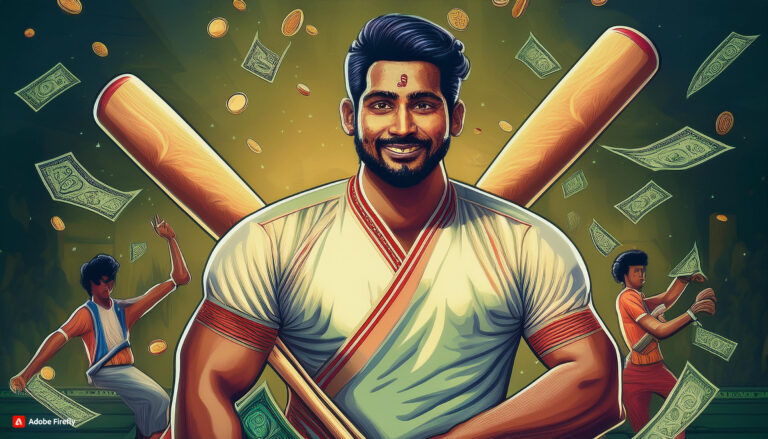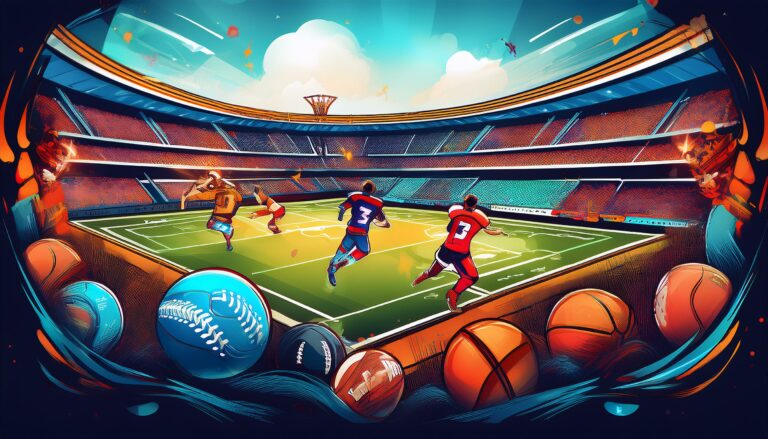Legal Challenges of Commercialization in Youth Cricket: Protecting Young Players’ Rights and Well-being: 11xplay.online login, Laser book 247.com, Tigerexch247
11xplay.online login, laser book 247.com, tigerexch247: Youth cricket has become increasingly commercialized in recent years, with young players being sought after by sponsors, agents, and teams looking to capitalize on their talent and potential. While commercialization can bring financial benefits to young cricketers, it also raises a host of legal challenges that need to be addressed to protect their rights and well-being.
1. Exploitation of Young Players
One of the most significant legal challenges in the commercialization of youth cricket is the potential for young players to be exploited. Agents and sponsors may pressure young players into signing contracts that are not in their best interests, or push them to play through injuries to meet performance targets.
2. Contractual Issues
Young players may not fully understand the terms of the contracts they are signing, leading to disputes down the line. It is essential that young cricketers have access to legal advice before signing any commercial agreements to ensure they are fair and in their best interests.
3. Protecting Privacy Rights
Commercialization can also impact young players’ privacy rights, as sponsors and agents may request access to personal information or image rights. It is crucial to have measures in place to protect young players’ privacy and ensure that their personal data is not misused.
4. Safeguarding Well-being
The pressure of commercialization can take a toll on young players’ mental and physical well-being. It is essential for governing bodies, teams, and sponsors to prioritize the well-being of young cricketers and provide them with the support they need to thrive both on and off the field.
5. Education and Awareness
Many young cricketers may not be aware of their rights and responsibilities when it comes to commercialization. Education programs and resources should be available to young players to help them navigate the complex legal landscape of commercialization in youth cricket.
6. Ensuring Fair Compensation
Young cricketers should be fairly compensated for their talent and hard work. It is essential for governing bodies and sponsors to ensure that young players receive proper remuneration for their contributions to the sport.
7. What legal protections are in place for young cricketers?
There are various legal protections in place for young cricketers, including child labor laws, contract law, and privacy regulations. Governing bodies also have rules and regulations in place to protect the rights of young players.
8. How can young cricketers protect their rights?
Young cricketers can protect their rights by seeking legal advice before entering into any commercial agreements, being aware of their rights, and speaking out if they feel they are being exploited or mistreated.
9. Who is responsible for ensuring the well-being of young cricketers?
Governing bodies, teams, sponsors, agents, and parents all have a role to play in ensuring the well-being of young cricketers. It is essential for all stakeholders to prioritize the health and happiness of young players.
In conclusion, while commercialization can bring exciting opportunities for young cricketers, it also presents legal challenges that must be addressed to protect their rights and well-being. By prioritizing education, awareness, and fair treatment, we can ensure that young players are able to thrive both on and off the field in the commercialized world of youth cricket.







